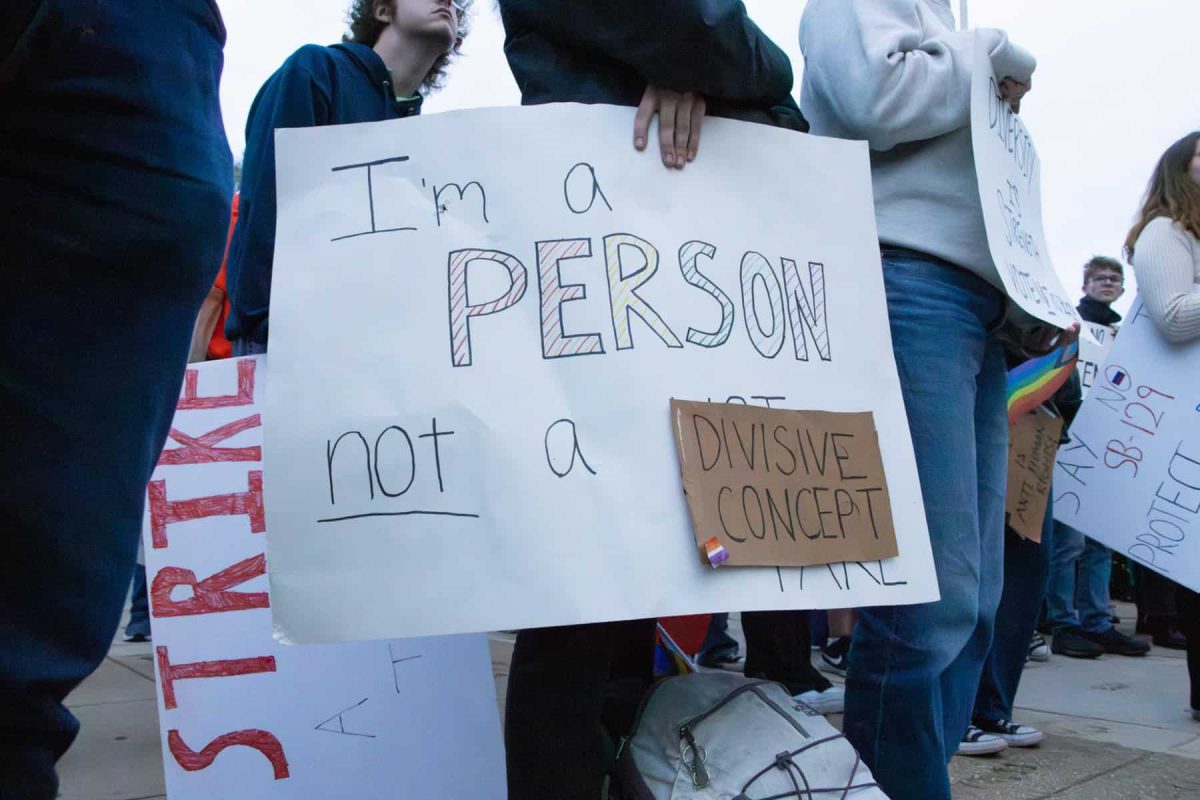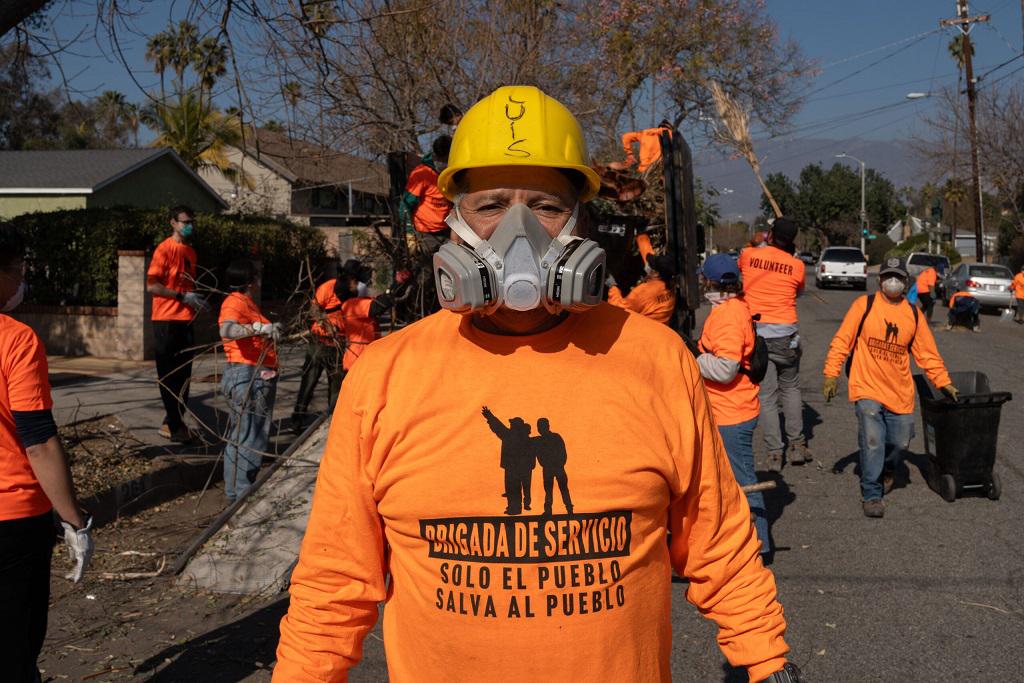In the early 1980s notable feminist scholars Gloria T. Hull and Barbara Smith detailed the oppression they felt throughout their careers in the academy:
Often our position as Black women is dishearteningly tenuous within university walls: we are literally the last hired and the first fired. Despite popular myths about the advantages of being “double-tokens,” our salaries, promotions, tenure, and general level of acceptance in the white-male “community of scholars” are all quite grim.
Although nearly 35 years have passed since Hull and Smith detailed their experience, to some it seems that little has changed within the academy. Graduate student workers, particularly graduate students of color, face crippling student loan debt, a struggle to afford many basic living conditions, and find a lack of institutional support, despite their labor and service to the University.
Thanks to a landmark ruling on Tuesday, August 23, the livelihood and professional careers of graduate students across the nation will never be the same. Te National Labor Relations Board ruled that graduate students who serve as research and teaching assistants at private universities are employees with access to collective bargaining rights. And graduate students at SLU have begun their organizing campaign.
Following in the brave footsteps of SLU’s adjunct community before us, and bearing in mind the University’s commitment to the October 2014 “Clock Tower Accords,” SLU graduate students envision organizing as just one more way the SLU community can begin to address racial inequality and issues of social justice on our campus. While the Clock Tower Accords are not specifically addressed to graduate students in the ways they speak to the undergraduate population, we are excited to uphold their mission and priorities through a graduate student union.
By improving poor working conditions and moving toward a system of fair wages and benefits, the graduate student body on SLU’s campus can find the institutional support to not only experience success in their professional lives by retaining their position as important and valued employees of the SLU community, but also find relief in their personal lives. “Cura personalis,” care for the entire person, has been SLU’s repeated dedication to the student body. By gaining an equal voice to express concern over their own professional and personal experiences, graduate students on SLU’s campus will be able to move away from their “dishearteningly tenuous,” to use Hull and Smith’s words, work lives and instead play an active role in this portion of the University’s promise to its students.
Ultimately, we celebrate the NLRB decision for a myriad of reasons, but what we find most exciting is that graduate students, particularly students of color, will be recognized as valued employees who play vital roles in the success of the university. Te NLRB decision is just one more way universities are being held to a standard as high as the one they set for their employees. With a graduate student union, we can attain fair wages, we can find guaranteed job security and we can claim our rightfully earned space within the community of scholars. Trough these changes, we can achieve social justice. Higher education is changing, and we’re excited to be part of that change.










